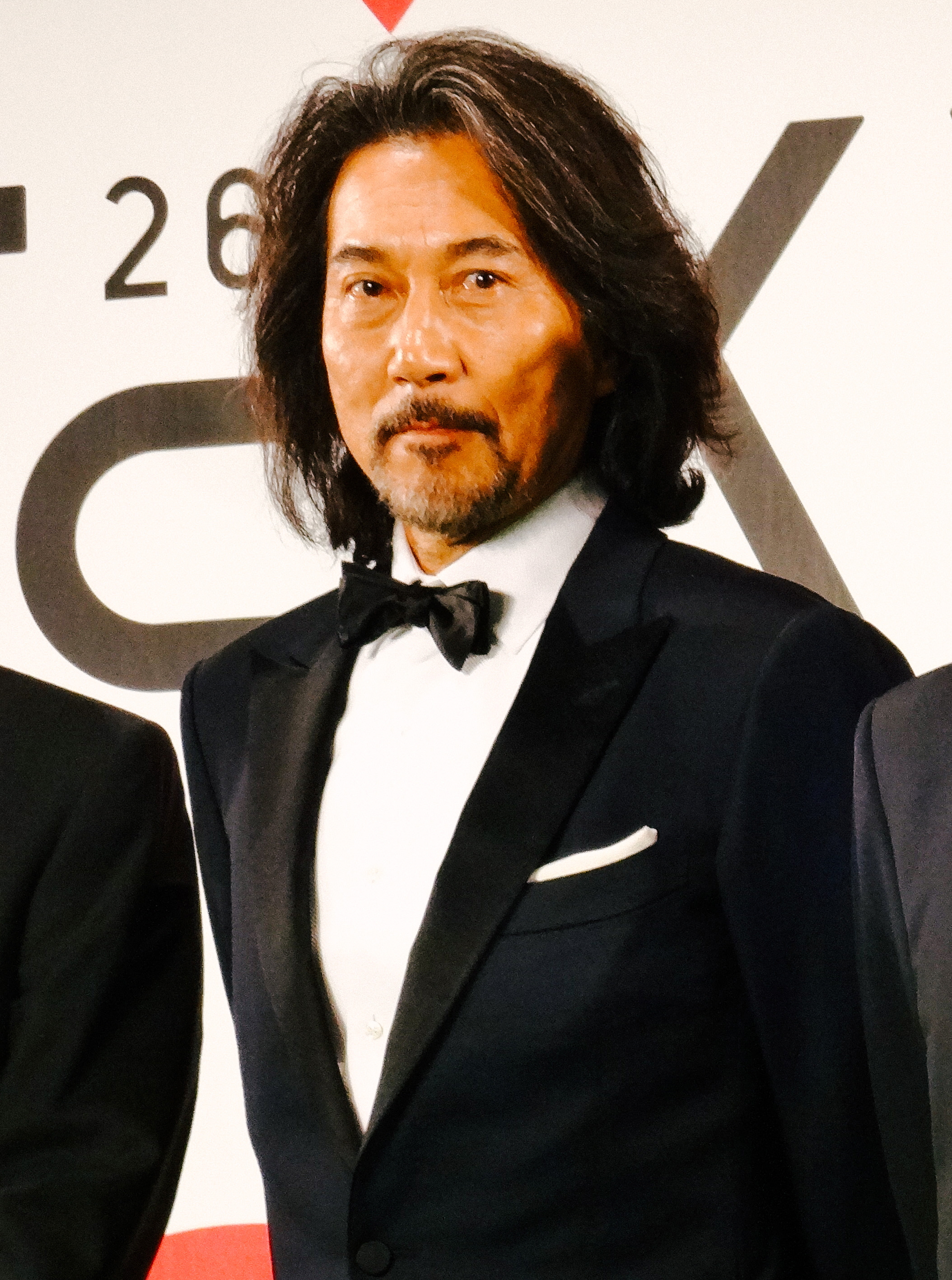Entertainment
Japanese actor Koji Yakusho says his is a solitary craft

“It’s lonely,” he said recently. “You’re before a camera, and you have to do something, and you can’t make mistakes. (File Photo By Dick Thomas Johnson – https://www.flickr.com/photos/31029865@N06/15566563246/, CC BY 2.0)
TOKYO — His film roles range from police officer to serial killer, dashing characters to self-destructive losers, a samurai warrior to an ordinary “salaryman,” as Japanese office workers are called. But through all his work in Japan and Hollywood, Koji Yakusho has found what he must do as an actor remains surprisingly the same.
“It’s lonely,” he said recently. “You’re before a camera, and you have to do something, and you can’t make mistakes.
“You can’t ever totally become a character, but you must get as close to that person as possible, and that moment you feel you are him — you make sure you don’t lose that moment.”
Yakusho, who is being honoured at the Tokyo International Film Festival next month, has worked with the legends of Japanese film and starred in Shohei Imamura’s “The Eel,” which won the 1997 Palme d’Or at Cannes. He also appeared in “Babel” and “Memoirs of a Geisha.”
“Koji Yakusho is Japan’s leading international actor, demonstrating unparalleled versatility in wide-ranging roles across every genre,” said the festival’s program adviser Kohei Ando on why Yakusho was being honoured at the festival.
“He has indelibly played dozens of characters, and imbued them with humanism.”
Ando pointed as an example to one of Yakusho’s well-known roles, as a salaryman who becomes obsessed with ballroom dancing in “Shall We Dance?” directed by Masayuki Suo. It became a 2004 Hollywood remake, starring Richard Gere.
He learned to dance for his role in the heart-warming film.
In a recent interview with The Associated Press at Toho Studios in Tokyo, Yakusho said with a laugh it’s true his professional surname was picked years ago by his mentor, Tatsuya Nakadai. He was working at a “yakusho,” or local government office, when he joined a theatre group Nakadai ran.
Nakadai had hoped the civil servant-turned-actor would go on to play many roles. “Yaku” means role; the first character in Koji, his real name, has the meaning for “wide.”
Yakusho, 62, is being honoured at this year’s Tokyo International Film Festival, which opens Oct. 25 and runs through Nov. 3.
“We are all aware of the perspective of extremely regular people. That’s something we are always thinking about and trying to observe,” said Yakusho, noting he is one movie star with the regular-person experience of catching a rush-hour commuter train.
The hardest roles to play are the noble, honourable characters, he said, like the samurai in his next movie, whose tentative English title is “Touge: The Last Samurai,” set for release in 2020.
The work requires memorizing long, complex lines because of the way samurai talk, he added.
Yakusho has directed one film, “Toad’s Oil,” a pensive story about coping with a young man’s death. He plays the lead, the father of the man. He wants to direct more. He promised to be gentle with his actors so they feel free and natural, since he knows what it’s like to be on the receiving end.
“I want to create a film that’s like those images in my head,” he said of the work he wants to direct, stressing it’s about the ideas, while declining to go into specifics.
“That kind of special film,” he said.
Yakusho watches his films only once. Each time, it’s a bit embarrassing, and being objective may not be possible “for a lifetime,” he said.
Yakusho seems to excel at evoking that strange mix of good and evil.
In one of his latest films, “The Third Murder,” Yakusho plays a mysterious killer. The 2017 film was directed by Hirokazu Kore-eda, whose “Shoplifters” won the Palme d’Or this year. In another recent film, “The Blood of Wolves,” he plays a wild-spirited police officer, who starts to resemble the criminals he is trying to arrest.
The protagonist in “The Eel” murders his wife when he catches her having an affair. After serving time as a model convict, he starts a barbershop. An eel, which he keeps in a tank, is his only friend at the start. But he gradually begins to open up and form relationships with people around him.
Like many of Yakusho’s movies, it’s a bleak story of a normal life that goes awry, the daily challenge of trying to live in search for meaning amid betrayal, loneliness and abuse.
“The complexity of Koji Yakusho’s acting is illustrated by his unique interpretation of flawed but intriguing humanity,” says Maggie Lee, film critic specializing in Asian cinema at entertainment magazine Variety.
“He is a master at portraying characters who retain a dignified core.”
———
Trailers:
“The Third Murder” https://www.youtube.com/watch?v
“The Blood of Wolves”
https://www.youtube.com/watch?v





















